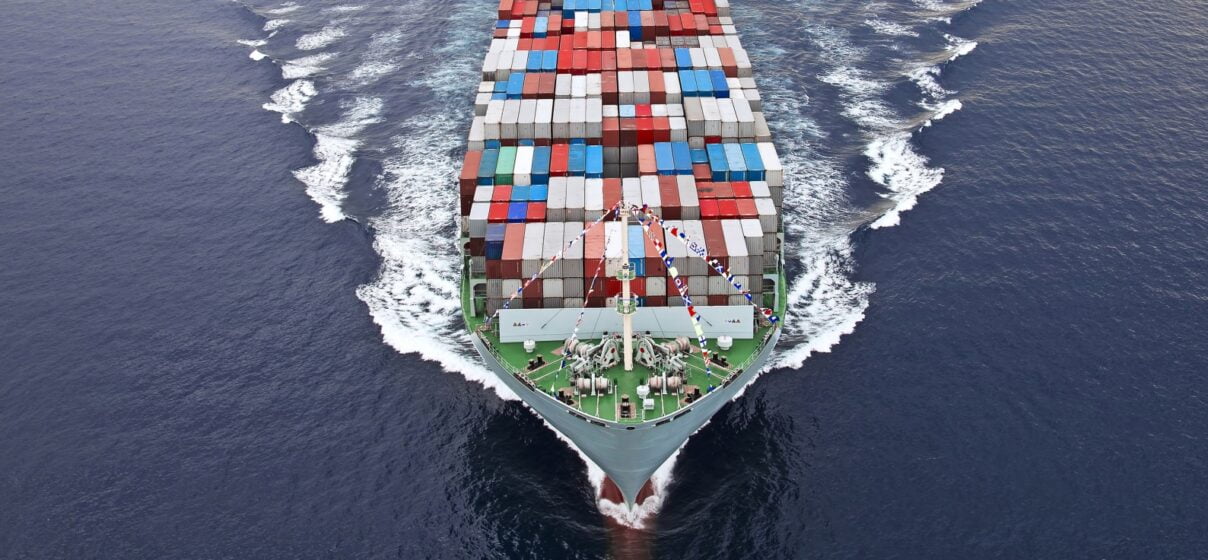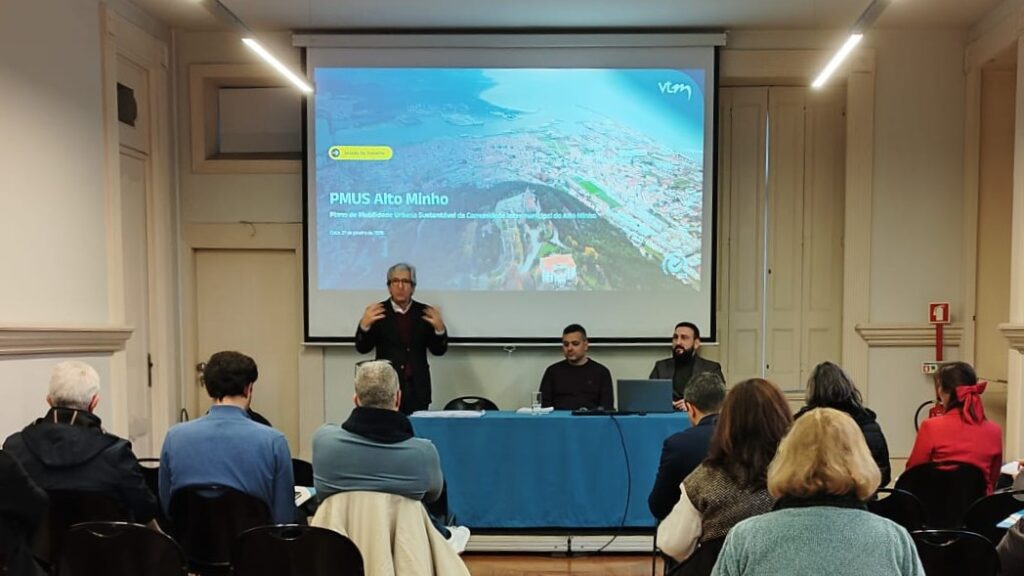The decarbonisation targets of the maritime sector

The maritime industry, one of the most important in the world due to its impact on the growing global logistics and, consequently, the global economy, is taking significant steps towards achieving carbon neutrality by 2050, seeking to adapt and overcome dependence on fossil fuels by adopting electric technologies.
Although slightly lagging behind other sectors of the economy in terms of time (also in view of a ship’s typically long useful life), the shipping industry is now taking its first steps towards the goal of decarbonising the industry. Currently, the vast majority of ships, both cargo and passenger, are still fuelled by fossil fuels. However, little by little, some electric elements are beginning to be integrated into ships, although this usage is partial and not entirely sustainable. In fact, large cargo ships include propulsion methods using electricity generated by diesel or LNG engines, making them hybrid vehicles.
According to a report published by the DNV, a consultancy firm, on the energy transition in the maritime sector, as of July 2023, only 1.8% of the number of ships in operation (6.5% in gross tonnage) used alternative fuel sources. Although there is still a long way to go, there is a shift in this trend, with 26.2% of the number of ordered ships (51.3% in gross tonnage) using alternative fuel sources.
The decarbonisation of the maritime sector is defined, driven by increasingly stringent regulations. Within the objectives set by the European Union’s “Fit for 55” package (to reduce emissions by 55% by 2030), the maritime sector is subject to an international agreement that encourages the use of renewable fuels, with the aim of progressively reducing emissions from 2025 onwards – particularly for ships over 5,000 tons, responsible for 90% of CO2 emissions worldwide.
Nevertheless, as the shipping industry will compete for carbon-neutral fuels with aviation and road transportation, as well as other industries, the production of carbon-neutral fuel alternatives needs to significantly accelerate if the emission-reduction goals are to be met, as the estimated demand from shipping necessary to achieve the 2030 emission reduction goals is about 30% to 40% of the total world supply of carbon-neutral fuels.
VTM acknowledges, and believes, that the future lies in decreasing dependence on fossil fuels, particularly in the transportation sector. In this sense, we have been advising various clients, both public and private, on their investment in decarbonising their operations, whether they are road, rail, or maritime.
Latest news
All news
Collaborative mobility planning takes a major step forward in Alto Minho
This week, Ponte de Lima hosted an important milestone for sustainable mobility in the Alto Minho region, with the working sessions of the 2nd-generation Sustainable Urban Mobility Plan of Alto Minho (SUMP Alto Minho), promoted by CIM Alto Minho. At VTM, we are proud to support CIM Alto Minho in the development of a new-generation […]

VTM welcomes Oriol Riba and Alessandra Bernardi
VTM is pleased to announce the addition of two highly experienced professionals, Oriol Riba and Alessandra Bernardi, further strengthening our capabilities across infrastructure advisory and transport modelling. Oriol Riba joins VTM as a Senior Associate Director with more than fourteen years of experience in the infrastructure sector, with a strong focus on transport and additional exposure to energy […]
